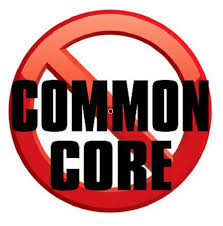On Breaking One’s Neck by Arnold Relman | The New York Review of Books.
What did this experience teach me about the current state of medical care in the US? Quite a lot, as it turns out. I always knew that the treatment of the critically ill in our best teaching hospitals was excellent. That was certainly confirmed by the life-saving treatment I received in the Massachusetts General emergency room. Physicians there simply refused to let me die (try as hard as I might). But what I hadn’t appreciated was the extent to which, when there is no emergency, new technologies and electronic record-keeping affect how doctors do their work. Attention to the masses of data generated by laboratory and imaging studies has shifted their focus away from the patient. Doctors now spend more time with their computers than at the bedside. That seemed true at both the ICU and Spaulding. Reading the physicians’ notes in the MGH and Spaulding records, I found only a few brief descriptions of how I felt or looked, but there were copious reports of the data from tests and monitoring devices. Conversations with my physicians were infrequent, brief, and hardly ever reported.
Read the whole thing, it’s worth your time.









